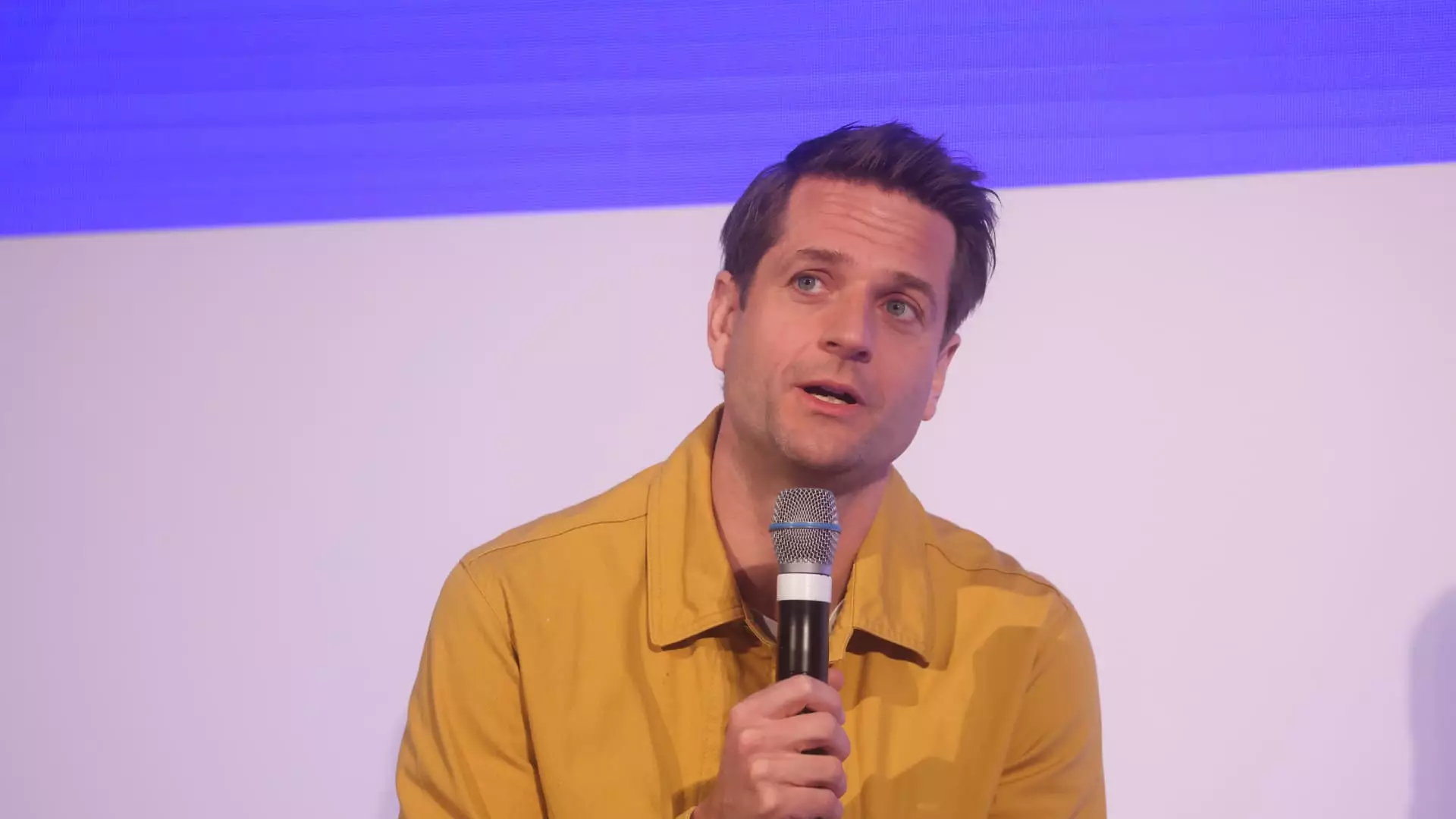As Klarna prepares for its much-anticipated initial public offering (IPO), the Swedish fintech company faces a significant concern that could hinder its potential success: a brain drain of technology talent away from Europe. CEO Sebastian Siemiatkowski has expressed particular worry about the restrictive nature of employee stock options (ESO) in Europe, which he believes could drive prospective employees to tech giants based in the United States, such as Google and Apple. This poaching issue is compounded by the fact that Klarna is gearing up to enter the stock market, making it crucial for the company to attract and retain the best talent available.
Siemiatkowski’s remarks during a recent CNBC interview highlight the deeper challenges European tech firms confront when it comes to compensating their workforce in a competitive market. As the CEO pointed out, the disparity between Klarna’s compensation schemes and those of its U.S. counterparts is vast. Klarna offers merely a fraction—about a fifth—of the equity-to-revenue ratio compared to its publicly-listed industry rivals. This statistic paints a stark picture of Klarna’s position when it comes to drawing in top talent in a landscape that has become increasingly globalized and competitive.
The Unfavorable Landscape of Employee Compensation in Europe
The crux of Siemiatkowski’s concern lies in the structural challenges associated with ESOs in Europe. Britain and Sweden, for instance, impose uncapped social security payments on stock rewards, making it immensely complex for firms to manage expenses accurately. This issue not only complicates payroll but also disincentivizes international talent from considering positions in European tech firms. In contrast, countries like Germany and Italy have established capped rates, providing companies more clarity and predictability regarding employee costs.
Furthermore, Siemiatkowski elaborated on the systemic inefficiencies that arise from measuring social benefits based on actual stock value, particularly during liquidity events such as IPOs. This unpredictability becomes a barrier for intending firms, as fluctuating stock values lead to uncertain liabilities. The consequence of this instability impacts Klarna’s ability to offer competitive compensation packages, impacting its long-term talent retention strategy.
In an era where digital remote work and globalization are becoming the norms, talent mobility is at an all-time high. Siemiatkowski noted that as Klarna expands its operations in the U.S., it is likely that employees may face increased temptations to leave for lucrative offers from leading American tech firms. The CEO’s worries resonate deeply within the context of a broader European sentiment where highly-skilled professionals are often undervalued. The perception that exceptional talents should not command high compensation facilitates this trend, further exacerbating the difficulty of retaining top-tier professionals.
In the U.S., conversely, large organizations are more willing to offer competitive salaries and generous equity stakes. This approach contrasts sharply with prevailing attitudes in Europe, where remuneration practices for tech talent lag behind. Siemiatkowski’s assertion that companies like Google can easily facilitate visa sponsorship and relocation adds another layer to the challenge; such logistical hurdles are less frequently encountered in the U.S. tech landscape.
A Heavy Weight on Klarna’s IPO Aspirations
Klarna’s efforts to go public in the near future embody a pivotal moment for the company, but also encapsulate the broader struggles facing tech companies in Europe. With planned IPO timelines suggesting a debut that could occur as early as 2024, the clock is ticking for Klarna to address these talent retention issues proactively. Potentially following in the footsteps of successful U.S.-based fintech firms like Affirm can be a double-edged sword; while emulating their successes is aspirational, it also serves as a stark reminder of what is at stake regarding talent continuity.
Moreover, the competitive landscape also illustrates that Klarna’s fortunes could dramatically alter based on how effectively it navigates employee equity and compensation laws that stymie its growth trajectory. With the looming threat of a continuous brain drain, Klarna stands at a crucial crossroads. The decision-makers have a pivotal role in ensuring they can offer not just competitive compensation, but also cultivate a company culture that attracts and retains skilled individuals.
In order to reverse this trend and build a sustainable future for itself, Klarna, alongside other European tech firms, will need to advocate for more favorable employment laws and compensation structures. Addressing the discrepancies in ESO schemes and lobbying for reforms that enable flexibility in the stock compensation realm could serve as initial steps toward an improved talent retention landscape. The urgency to act is pressing; safeguarding European tech talent is crucial for securing the region’s continued innovation and growth amid increasing competition from the United States.
Klarna’s journey to a successful IPO is inextricably linked to its ability to navigate the complex landscape of European employment law and talent acquisition. Making a proactive approach to ensure that they can compete favorably will ultimately determine whether they thrive as a leader in the fintech space or whether they succumb to the ongoing talent exodus to more attractive markets.

